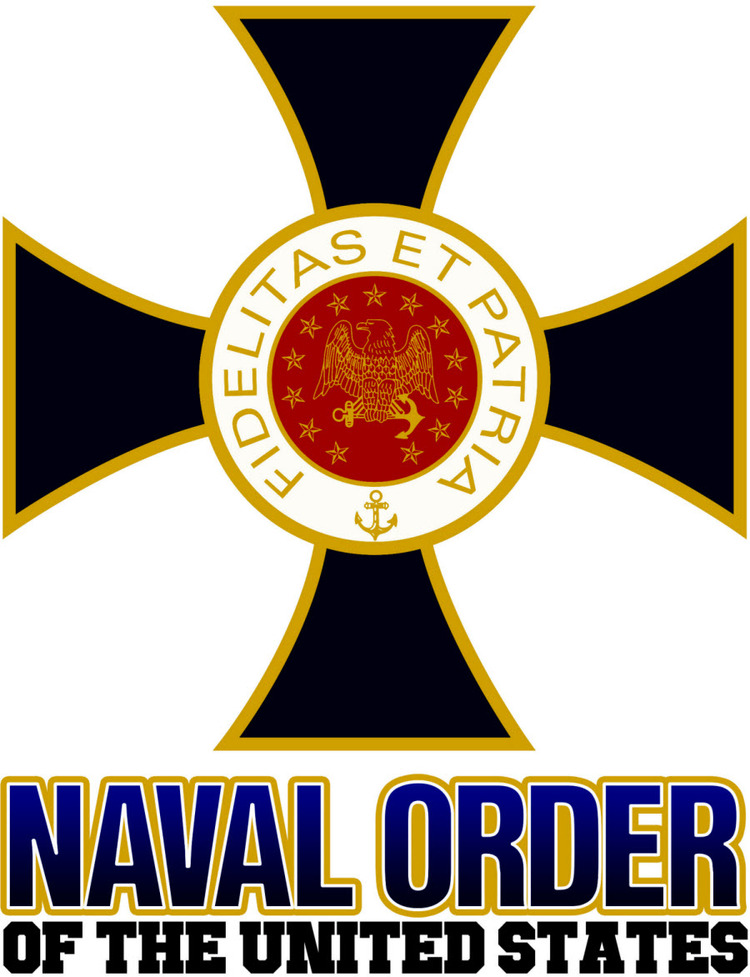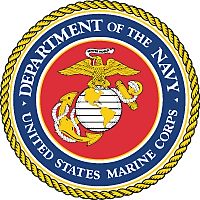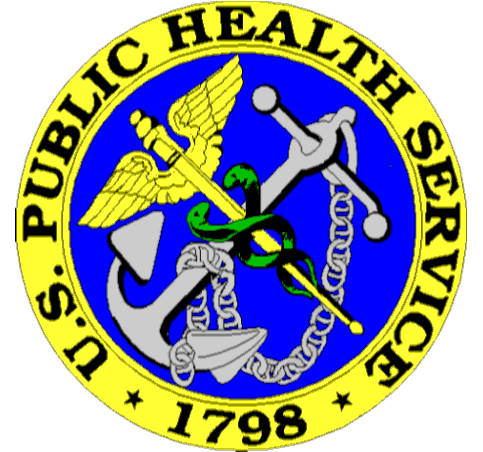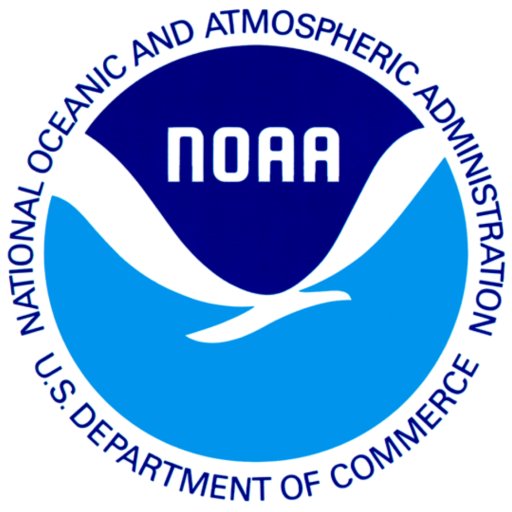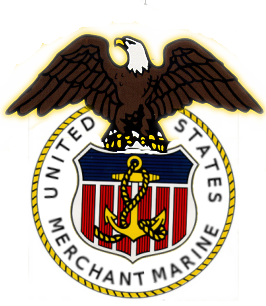The Wingmen: The Unlikely, Unusual, Unbreakable Friendship Between John Glenn and Ted Williams
Medium Used:
Rating:
Released: August 22, 2023
Publisher: Citadel
It is well known that astronaut John Glenn was a Marine aviator and Boston Red Sox baseball great Ted Williams was also a Marine aviator. Few know that two of the most famous Marine aviators served together during the Korean War. Adam Lazarus has published several books on sports subjects and is a member of the Pro Football Writers of America. However, in The Wingmen: The Unlikely, Unusual, And Unbreakable Friendship Between John Glenn and Ted Williams, he writes about two very different people, one a career officer and the other a reservist recalled to active duty amid his professional baseball career.
The United States demobilized its armed forces after the end of World War II. After the communist Democratic Peoples Republic of Korea (North Korea) invaded the Republic of Korea (South Korea) on June 25, 1950, the United States needed to reman its military quickly. In addition to drafting young men to serve in the military, Congress authorized the involuntary recall of any military reservist. Lazarus points out that there were more “Volunteer reserve Marines than career or regular Marines.”
Williams had the option to resign his commission at the end of World War II, but he, like many men leaving active duty and opting to retain their commission, did not think the US would go to war soon. A personnel officer did not recognize Williams' name and sent him his recall orders like hundreds of other volunteer reserve officers. To the outside world, it appeared Williams was ready to do his duty, but among friends, he felt he was being picked out for his celebrity status.
Glenn and Williams, though both excellent aviators, were also quite different.
Glenn looked at flying as his life calling. He earned his civilian pilot’s license before the attack on Pearl Harbor and joined the new Navy aviation cadet program. Through the war years, Glenn advanced in rank and skill as a pilot. In 1946, he was offered a regular commission in the Marine Corps, making him a career officer. When the Korean War began, Glenn was in an administrative position, but he worked his way to Korea. Most reserve aviators had not been around the Corps since World War II and saw Glenn “as a nonentity, just another Marine pilot.”
On the other hand, Williams saw his return to the Marine Corps as an interruption in his professional baseball career. Lazarus states, “he resented his recall…he was more focused on the food in the mess hall and where he might get a haircut than fulfilling his one hundred missions.” He avoided interacting with many officers in squadron club because they mostly wanted to talk about baseball! Lazarus relates how, after a wheels up landing at an Air Force airfield with Williams climbing from his burned airplane, a staff car pulled up and handed Williams a piece of paper. “ I am fucken lucky to be here. And this guy asked me for fucken autograph.”
Flying in Korea was not the easiest assignment of the war. Even though the U.S. maintained air superiority flying against North Korean targets, aviators often encountered surface-to-air gunfire. This resulted in the planes limping back and making emergency landings at the closest airfield. Glenn’s fellow aviators, including those who flew with him during World War II, felt that Glenn was over-aggressive on his bombing runs. As his wingmen, they were compelled to fly with him even though they thought he was endangering them beyond what was needed. Lazarus quotes Williams describing Glenn as “Absolutely fearless. The best I ever saw. It was an honor to fly with him.” However, he also said, “The man is crazy!”
The war ended and Williams recounted his time in uniform, saying, “There were maybe seventy-five pilots in our two squadrons, and 99 percent of them did a better job than I did.” Both Williams and Glenn returned to the United States and their chosen careers. Williams returned to baseball and Glenn took on his next assignment in the Marine Corps.
Glenn’s military career would see him setting air speed records and being the first NASA astronaut to orbit the Earth. After his space flight, Glenn became friends with President John Kennedy and his brother Bobby. In 1964, Bobby saw Glenn as the “new blood” needed in the Democratic Party and urged him to run for the U.S. Senate. However, when Glenn threw his hat into the political arena, he found that his friend and wingman Ted Williams would not support him politically. Williams was a loyal Republican who 1960, refused Kennedy’s invitation to meet with the president-elect, saying, “Tell him I am a Nixon fan.”
Williams was nearly bedridden in his later years, but he always looked forward to calls from his friends, especially John Glenn. Glenn said, “The first thing he wanted to talk about was Korea.” The story finished with Williams’ family morbidly fighting upon his death and an unexpected tune played by a Marine Corps bugler at Glenn’s funeral!
The Wingmen is an excellent biography of Ted Williams and John Glenn. It brings to life the hardships of flying in Korea while delving into both men's inner personalities. I highly recommend it for both sports and military historians.
Author: Adam Lazarus
Reviewer: David A. Mattingly, Deputy Commander of the National Capital Commandery
